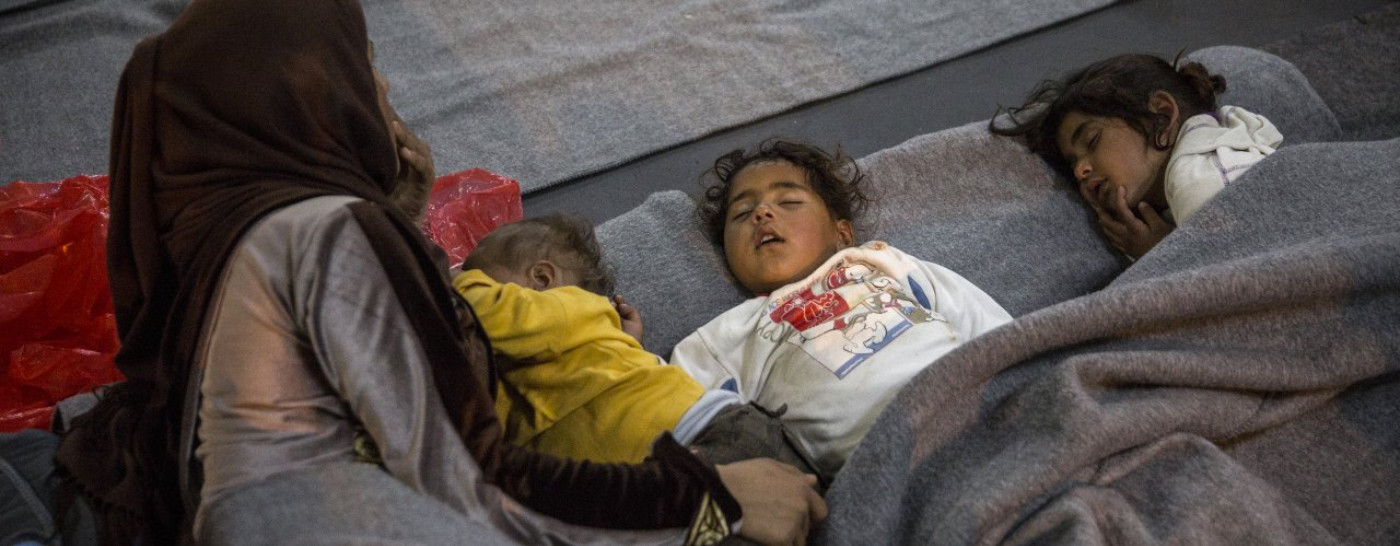Half of Europe’s vulnerable pregnant refugees can’t get care
Published 23rd November 2016
Almost half of vulnerable pregnant refugees and migrants across Europe have no access to antenatal care, while similarly high numbers live in unstable temporary accommodation and limit their movements for fear of being arrested, a new report by Doctors of the World shows.
Our report, released today, surveyed over 30,500 patients in 2015 in 12 countries, and looks at access to healthcare across many vulnerable groups who visited our clinics across Europe.
Among the pregnant women surveyed, 44 per cent had not had any access to antenatal care before they visited us. In addition, 48 per cent said their housing was temporary or unstable, meaning they could not be sure of having a roof over their head when they delivered, and 58 per cent limited their movements for fear of being arrested.
Nehla, a 35-year-old Tunisian living in France, is one of the women we worked with last year. Nehla is an undocumented migrant – because her family doesn’t have a residence permit, their social benefits were blocked, even though her husband runs a craft business that had enabled him to obtain health coverage.
We met Nehla in her seventh month of pregnancy because her hospital had started denying her access to care providers without advance payments. She is diabetic and had been receiving antenatal care for a high-risk pregnancy. We submitted a request for State Medical Aid (AME) for her and contacted the hospital on her behalf. After two weeks, Nehla’s consultations were back on track and one week later State Medical Aid was granted.
Our European clinics are mostly used by undocumented migrants. Amongst the patients surveyed, 92 per cent were foreign citizens, with around two-thirds hailing from non-EU countries and a quarter hailing from EU countries. Of the pregnant women surveyed, 18% were in the process of claiming asylum and 52 per cent had no permission to reside.
This report also looks vaccination rates amongst children and the reasons that so many of our patients struggle to access healthcare. We found that over half of children had not been vaccinated against measles, mumps and rubella (MMR) and around a third had not been vaccinated against tetanus.
Financial barriers, such as the cost of treatment or insurance coverage, were most common, cited by one in four people as the main reason for not being able to access healthcare. Over one in eight cited problems with red tape, such as not having all the documents demanded of them.
Read the full report .here.
